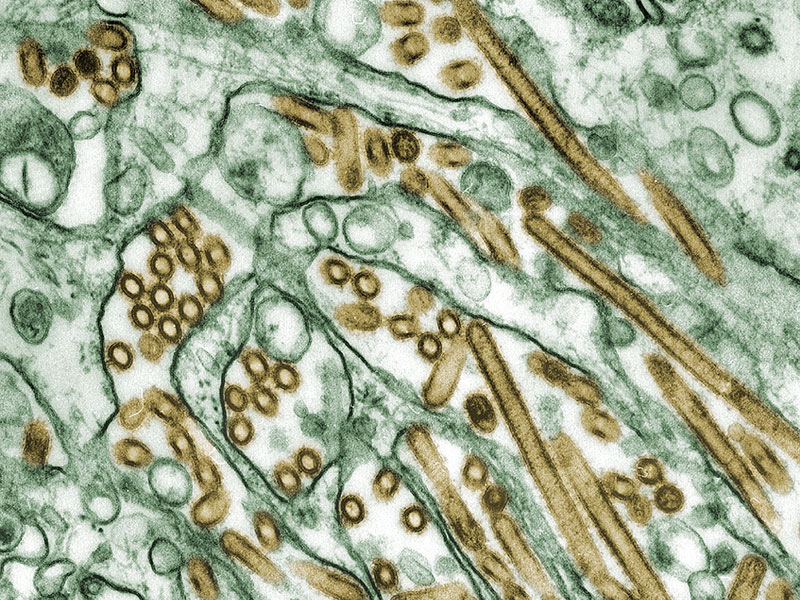Controversial Bird Flu Research to Resume

Experiments to determine how the H5N1 bird flu virus might gain the ability to spread easily among humans are no longer off limits.
Nearly a year ago, a group of about 40 scientists from around the world voluntarily agreed to temporarily stop their work after controversy over the research erupted. This moratorium was intended to allow time for governments to re-assess biosafety considerations and to address public anxiety.
"There has been a lot of discussion, so I think the need for this voluntary moratorium has passed," said Richard Webby, a virologist at St. Jude Children's Research Hospital in Tennessee, during a press conference today (Jan. 23).
Another researcher who had also agreed to stop his work, Yoshihiro Kawaoka, of the University of Wisconsin–Madison, argued for the urgent need to continue the research on mutated bird flu virus.
"We want to resume H5N1 transmission studies, because we believe this research is important to pandemic preparedness. Our research to understand how avian viruses adapt to mammals will lead to better surveillance and vaccines," Kawaoka said. "The greater risk is not doing research."
In December 2012, news of not-yet published work in the labs of Kawaoka and Ron Fouchier of Erasmus Medical Center in the Netherlands sparked the debate. Using different techniques, both labs engineered this bird flu virus so that it could spread among ferrets via airborne droplets. The goal of these studies was to see how the virus might evolve in nature to become capable of causing a pandemic among humans. [Mutant Bird Flu: Test Yourself]
Concerns that the mutated virus would be released accidentally or that important details might fall into the hands of terrorists prompted calls for an end to the research or for the withholding of critical details from publications.
Sign up for the Live Science daily newsletter now
Get the world’s most fascinating discoveries delivered straight to your inbox.
Ultimately, however, the journals Science and Nature published the research without removing details.
Biosecurity was not a driving concern behind the moratorium, Fouchier said during the press conference.
Discussions with security officials indicated that "the risk of this information in manuscripts being misused by malicious people would be very, very small, if not negligible," he said.
Not all studies on the topic have a green light. In the United States, federal health officials have yet to finalize guidelines for this type of research, Kawaoka said.
As a result, research on H5N1 transmission that uses funds from the U.S. National Institutes of Health cannot yet resume. This includes Kawaoka's own transmission work and some of Fouchier's research.
Follow LiveScience on Twitter @livescience. We're also on Facebook & Google+.










